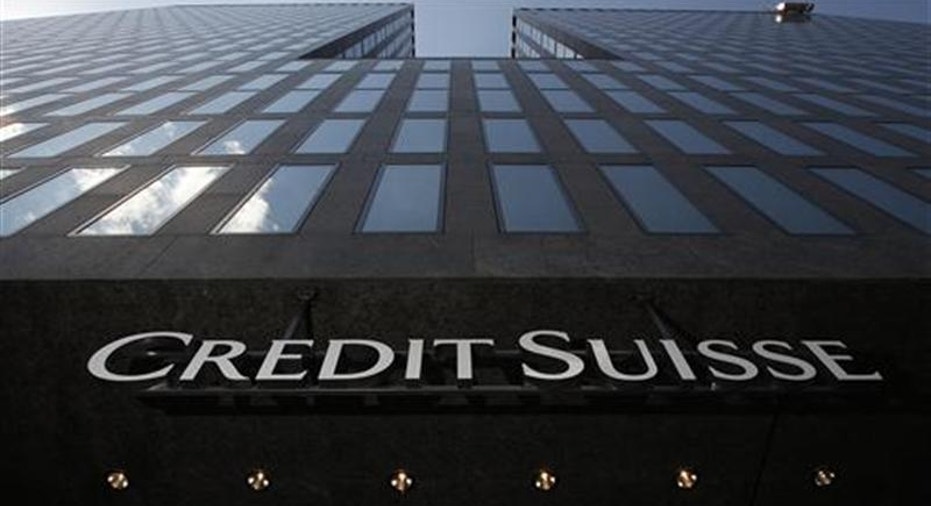Credit Suisse Reaches Tentative $85M Settlement on 'Dark Pool' Probe

Credit Suisse Group AG, one of the biggest operators of a "dark pool," reached a tentative agreement to pay around $85 million to New York and federal authorities to resolve allegations of wrongdoing in its private trading venue, according to a person familiar with the matter.
Credit Suisse is expect to pay about $30 million in fines to the New York Attorney General and around $55 million in fines and the return of funds tied to the alleged wrongdoing to the Securities and Exchange Commission, the person said.
The settlement, which is still being negotiated and could fall apart, could be announced by the end of September, according to the person.
A Credit Suisse representative declined to comment.
Dark pools, which allow buyers and sellers to swap shares with greater anonymity than they can on the stock market, have come under scrutiny from regulators in the past several years, and enforcement activity has been heating up.
Investment Technology Group Inc., a New York brokerage, said last month it had set aside $20.3 million to settle allegations of wrongdoing related to its dark pool, Posit, with the SEC.
The largest case before that was against UBS Group AG, which in January agreed to pay $14 million to settle allegations with the SEC that it created an uneven playing field inside its dark pool. UBS neither admitted nor denied the SEC's allegations in its settlement
Barclays PLC is also in negotiations with the New York Attorney General and the SEC to settle allegations related to its dark pool, according to people familiar with the matter. Barclay's proposed a fine amount last week to the attorney general's office but officials there viewed the number as low, one of the people said. The bank could therefore settle separately with the SEC while the attorney general's investigation remains pending, according to the person.
A Barclays representative declined to comment.
The Credit Suisse settlement was reported earlier by Bloomberg News.
--Bradley Hope contributed to this article.
(By Christopher M. Matthews)



















